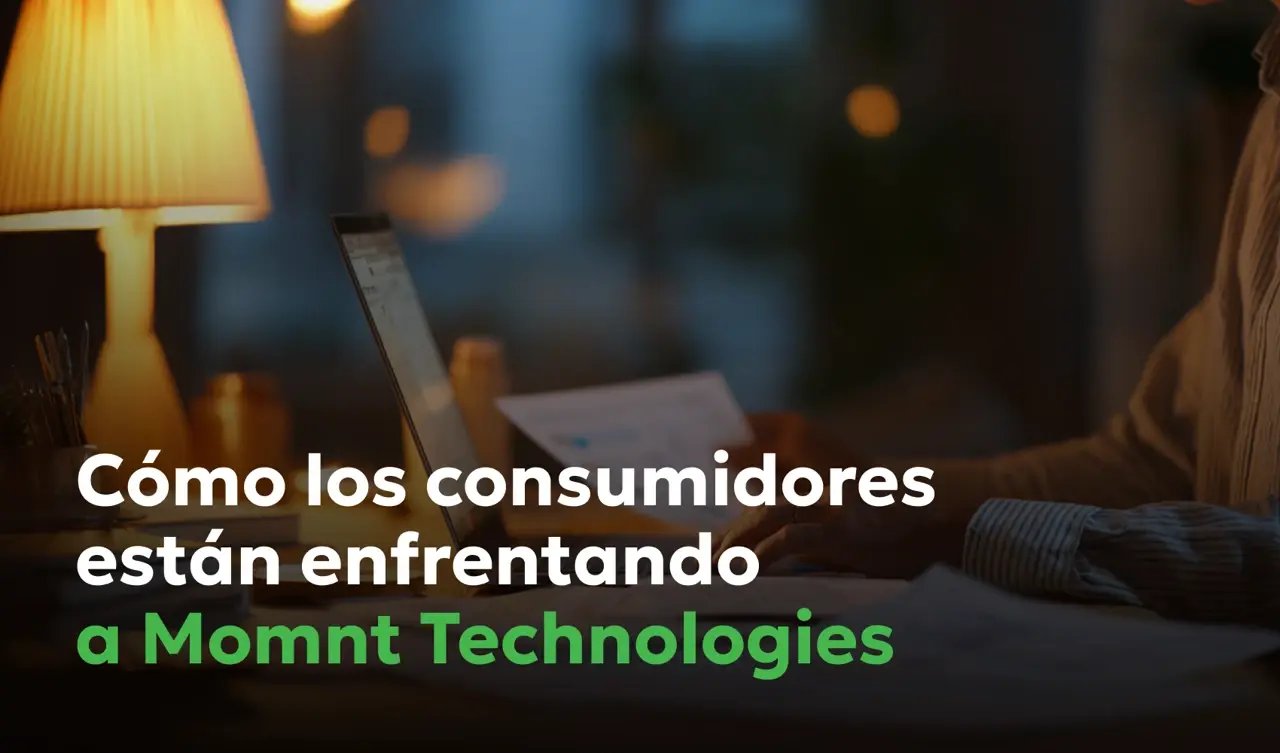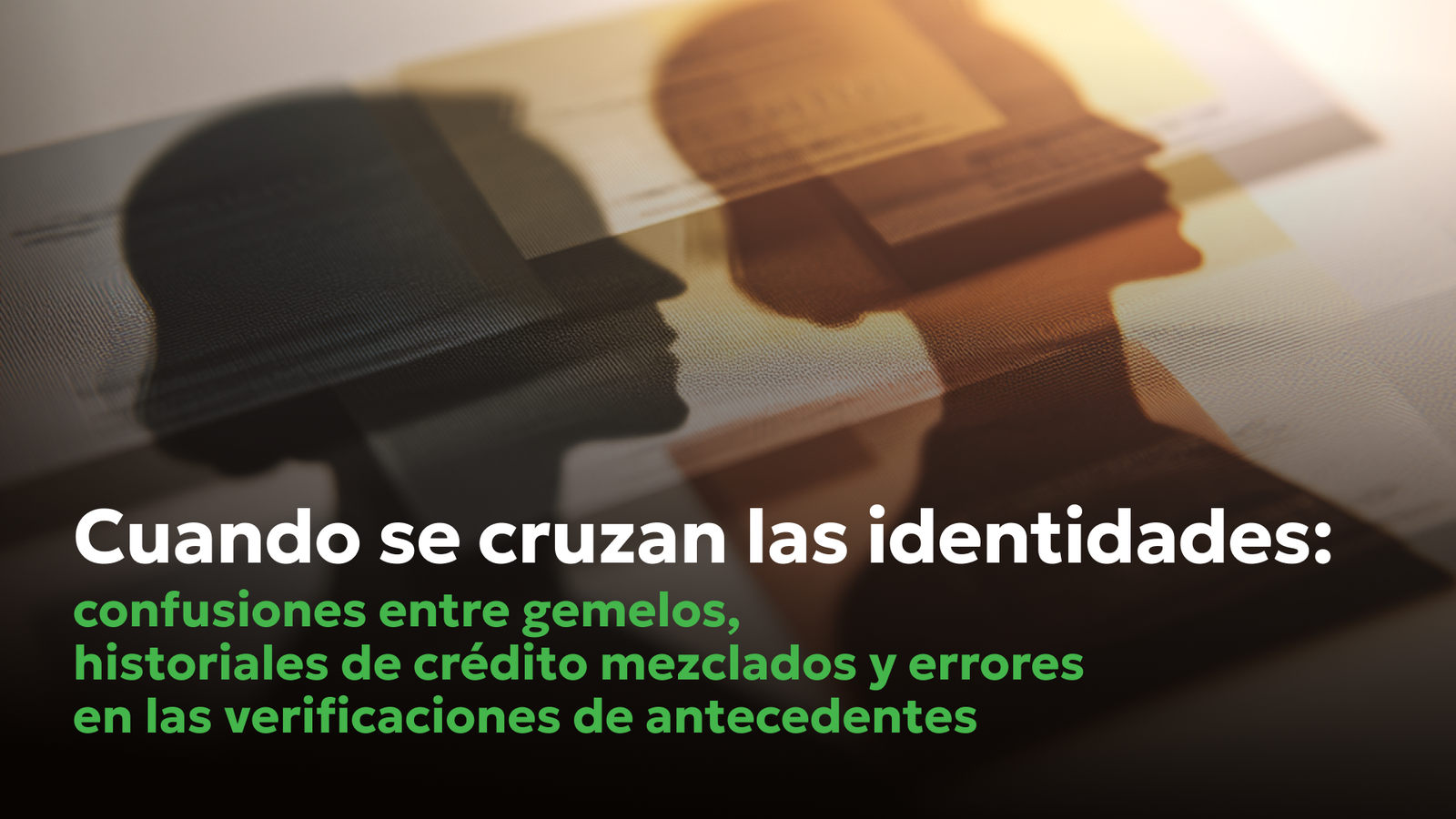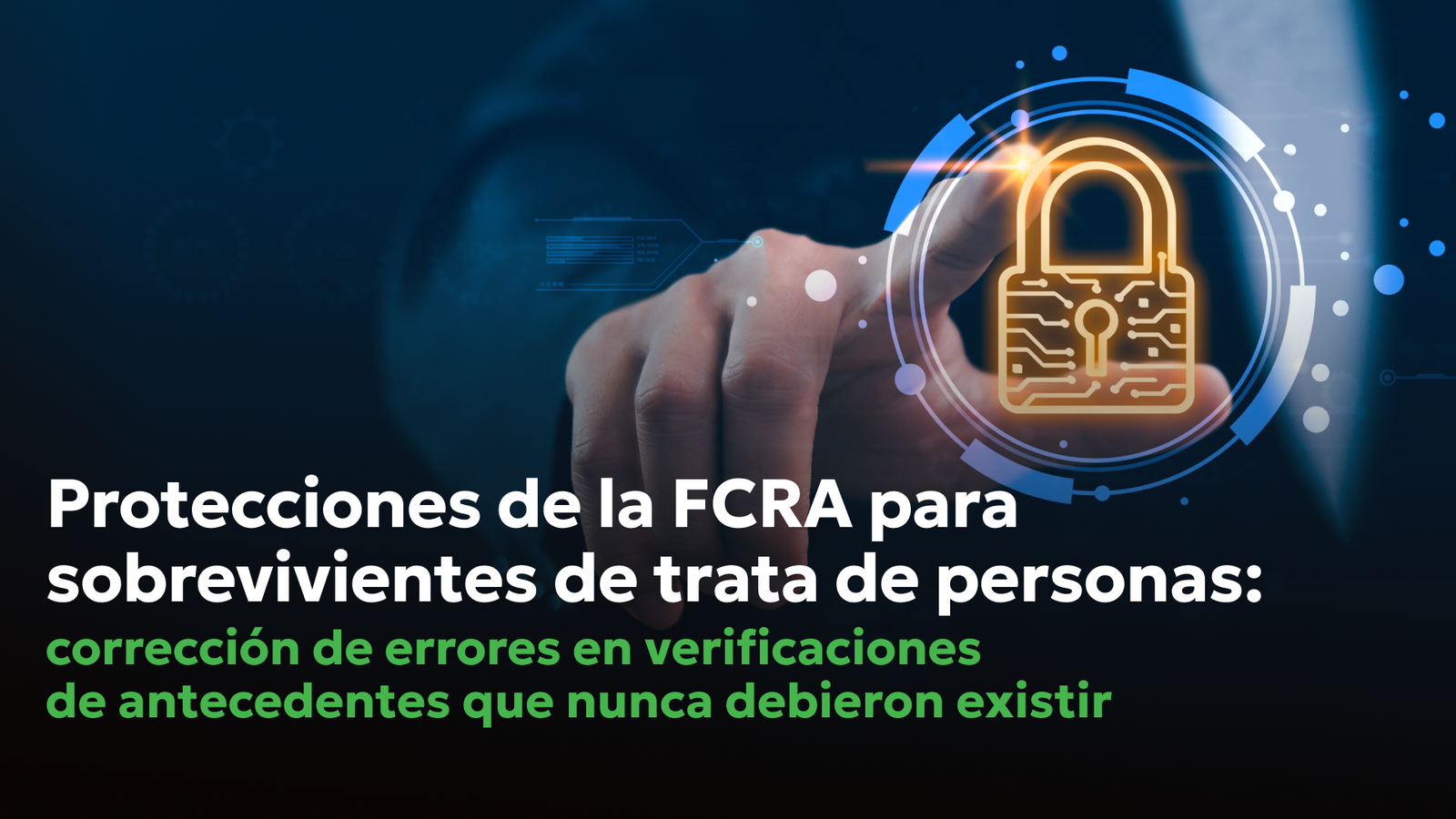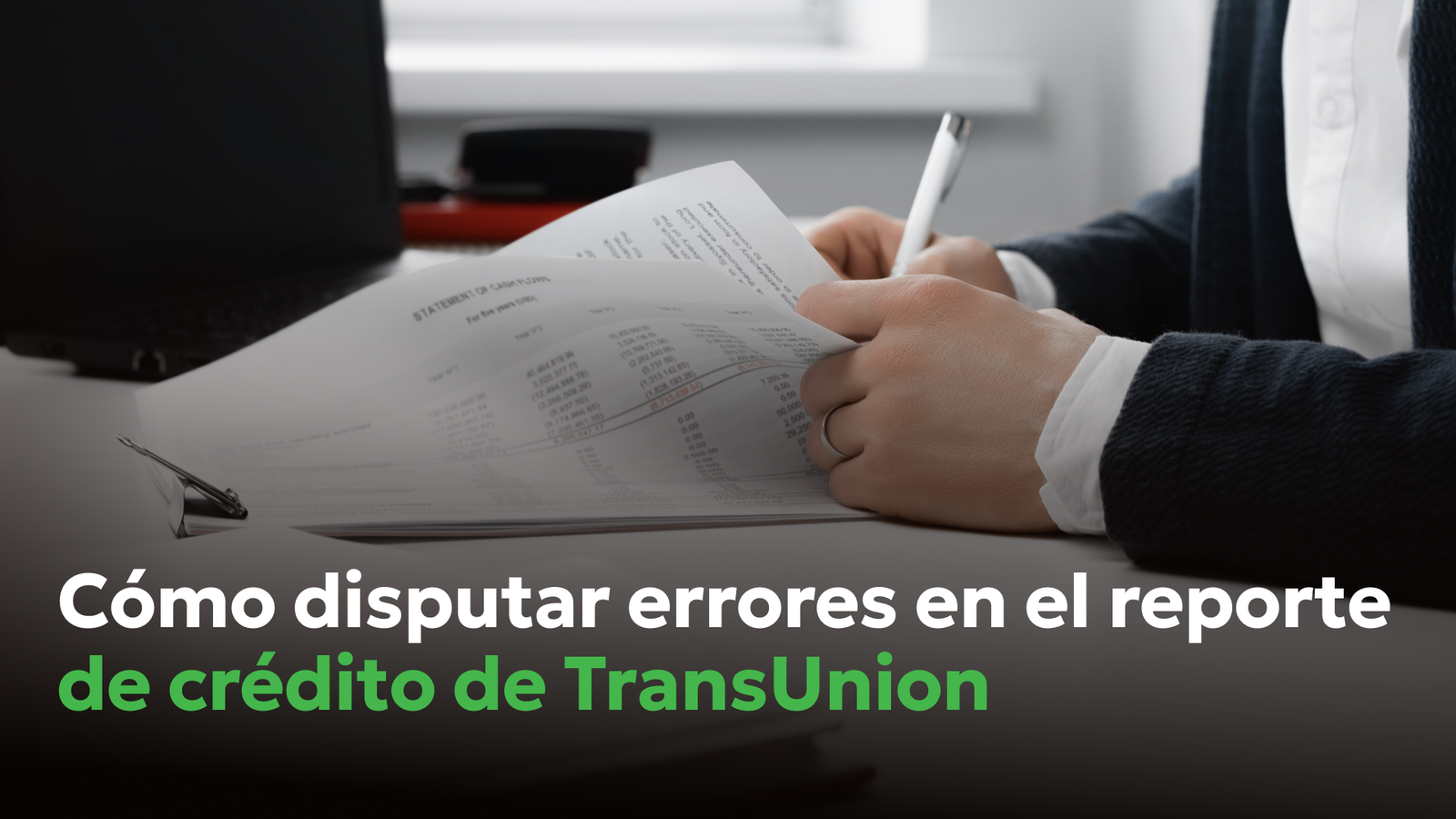¿Cómo eliminar los pagos atrasados de su informe de crédito?
- Blog
- Inexactitudes en los Informes de Crédito
¿Cómo eliminar los pagos atrasados de su informe de crédito?

Los pagos atrasados no tienen que permanecer en su informe de crédito para siempre
Usted puede eliminar los registros de pagos atrasados de su informe de crédito.
Los pagos atrasados en su informe crediticio son perjudiciales para la salud de su crédito. Indican baja solvencia e integridad financiera. Mientras aparezcan en su informe de crédito, harán que su puntaje de crédito baje y distorsionarán sus posibilidades de obtener productos crediticios, como tarjetas de crédito y diferentes tipos de préstamos.
Afortunadamente, los pagos atrasados pueden eliminarse de su informe crediticio, y esto detendrá su efecto devastador.
Siga leyendo para conocer las diversas formas de eliminar los pagos atrasados de los informes de crédito.
1. Disputar los errores en los informes de crédito
A veces, usted puede hacer un pago a tiempo, pero el pago aparece en su informe como un pago atrasado. Si este es el caso, es un ejemplo de error en los informes de crédito. Para eliminar ese pago atrasado de su informe de crédito, debe disputar la inexactitud.
Usted puede disputar el error tanto con la agencia de crédito que proporcionó el informe que contiene la inexactitud como con el acreedor que proporcionó la información. Disputar estos errores es relativamente fácil, ya que se puede hacer directamente utilizando modelos de cartas de disputa proporcionados por la Comisión Federal del Comercio.
Si su disputa es válida y se comprueba que el registro del retraso en el pago es un error, entonces se eliminará de su informe de crédito.
2. Disputar los registros de pagos atrasados
Los pagos atrasados suelen ser válidos durante siete años en su informe crediticio. Cuando obtiene su informe crediticio, revíselo para asegurarse de que no haya ningún registro de pago atrasado. Si detecta alguno, mejor disputarlo; la ley está de su lado porque es una violación de la Ley de Informe de Crédito Justo.
3. Solicitar la eliminación de buena voluntad
A veces, usted podría haber hecho un pago atrasado. Esto podría suceder.
En este caso, usted puede escribir una carta de buena voluntad a su acreedor solicitando amablemente que elimine la información despectiva de su informe de crédito. En este caso, le está pidiendo al acreedor que le haga un favor, y no le está prometiendo nada a cambio.
Tenga en cuenta que debe ser respetuoso y amable; el acreedor no tiene ninguna obligación de acceder a su solicitud. Sin embargo, si tiene un historial de pagos puntuales, tiene más posibilidades de que le concedan su solicitud.
Escribir una carta de buena voluntad es más útil cuando tiene una excusa sólida para el retraso en el pago. Ejemplos de excusas válidas son:
- Un descenso en las finanzas afectó temporalmente su capacidad de pago
- Se trasladó a una nueva ubicación y la factura no llegó a su nueva localización
- Pensó que había activado los pagos automáticos, pero no lo hizo
4. Negociar con su acreedor
Cuando realiza un pago atrasado, no todo está perdido. En lugar de esperar a que el registro negativo agote su tiempo en su informe de crédito, puede negociar con el acreedor. Usted puede negociar con su acreedor para eliminar el pago atrasado de su informe de crédito y, a cambio, pagar una cantidad significativa de la deuda que tiene.
El acreedor no está obligado a aceptar su propuesta, pero podría ser una opción más atractiva que dejar la deuda impaga. Si aceptan, asegúrese de obtener los términos del acuerdo por escrito para garantizar que cumplen con su parte del trato.
Cuando usted realice el pago, el acreedor procederá a eliminar el pago atrasado de su informe de crédito.
Si bien le recomendamos que pague sus facturas a tiempo, los retrasos en los pagos no son el fin del mundo. Ponga en práctica estos consejos cuando aparezca un pago atrasado en su informe crediticio y evite que su crédito sufra más daños.


Daniel Cohen es el fundador de Consumer Attorneys. Daniel gestiona los esfuerzos de branding, marketing, captación de clientes y desarrollo de negocio de la firma. Desde 2017 es miembro de la Asociación Nacional de Defensores del Consumidor y del Centro Nacional de Derecho del Consumidor. Es reconocido nacionalmente en la protección de los consumid... Leer más





Artículos relacionados




R
ES™Usted no asume ningún gasto. La ley exige que ellos paguen.


